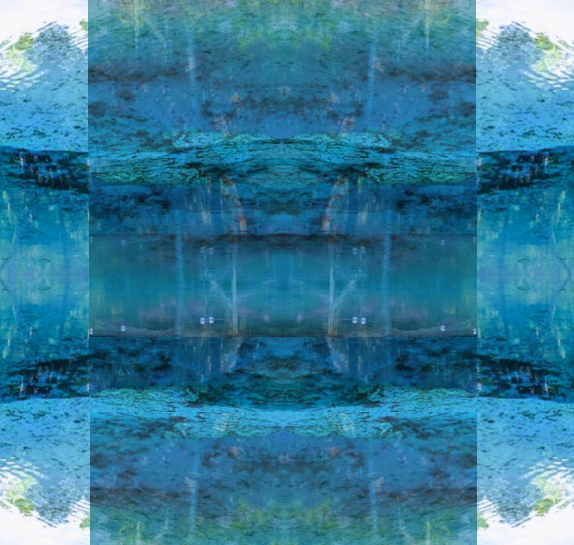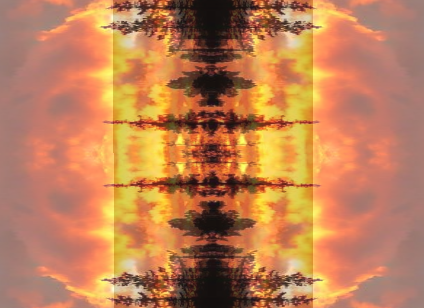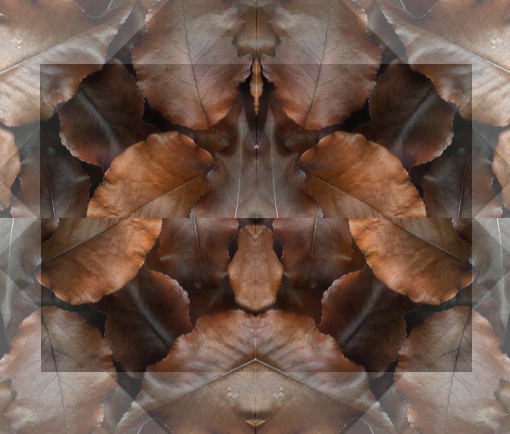I have started to look at Hillman’s suggestion that the ego, rather than casting a shadow, is itself cast by the latter; and I have noted that this suggestion comes within a larger endeavor on his part to re-interpret the whole notion of the ego. Let’s dive a little deeper into Hillman’s account of the ego, then.
1. The ego is one of multiple complexes that exist within an individual human being. Like any complex, the ego is projected (in a personified way) by the soul, for the purpose of soul-making, i.e. producing more soul (RVP xvi, 51). As the primary agent of such soul-making, the ego is responsible both for driving the process and protecting it, each in the context of an embodied existence in the external world, encountering situations including physical surroundings, interactions with benign or adverse forces (animals, weather, …), and of course other people who are likewise the center and focus of conscious life (i.e. likewise projections of soul).

2. The ego generally controls the human being during its waking life and its interactions with other people, and therefore tends to identify with that human being. To “identify” is in this case understood to ascribe the actions, thoughts, emotions, perceptions, memories etc. that make up the process of living to “me” (the ego complex). In part, however, the human being is also observable from the outside: we can observe a person’s behavior, including verbal behavior, even verify their comprehension of what is said to them, facial expressions of emotions, … And although we typically tend to see all this centered in a single personality as well (i.e., we typically assume a one-to-one relationship between a living human being and an “ego” personality), we might come in some cases to the conclusion that a human being exhibits, from time to time, one or more further personalities. (An observation which led to the notion of “dissociation” in the late 19th century, and has subsequently been called a split personality or multiple personalities.) Typically, this observation is made when a human being’s behavior etc. seems atypical during some stretch of time, to the degree that they appear to be a “different person”. Generally, the secondary personality (or multiple secondary personalities) are less coherent and persistent than the ego personality. But for stretches of time, it appears that another complex takes over control of that human being’s interaction with the external world and, by extension, also their interior psychological processes. (The latter are then characteristically no longer accessible by the “ego” complex, i.e. the ego cannot remember them, or ascribe them to itself.) This pronounced form of “possession” is comparatively rare, but a milder form is something we all experience frequently when an affect “takes over”.
Incidentally, if this is a phenomenon in which the projection of a different complex takes over from the ego complex, then there is no such thing as ego-controlling it. Strengthening the ego (for instance by meditation) and attempting to subsume or suppress the other complex would not be possible — or, alternatively, if it can be done, it should be expected to backfire. (It is often insufficiently appreciated in popular views today that Jung was aware of this, and his approach of integrating the other complex with the ego into a larger Self aimed at a result where the ego was no longer the center, but one pole of a balanced whole. Jung believed that there would have to be four such poles, arranged in what was represented in traditional quaternio symbolism. In Jung’s account, there is no such thing as the hero who conquers it all, alone. The individuation process is something quite different from the “hero’s journey”.)
Since it is the ego’s task to lead the human being’s life in the external world, and to adapt to whatever circumstances it encounters, we might interpret the other complexes as appearing only if and when a correction is needed (this would be Jung’s compensation theory; cf. GW VII, §§274-275). But this is not Hillman’s view: in his universe, the ultimate purpose of both the human being and the ego complex is soul-making; and thus when another complex takes control from the ego, this would not be for the purpose of helping the ego adapting to the external world, but rather for getting it back on track towards more soul-making.
3. A similar phenomenon, where the controlling complex is exchanged, seems to occur in dreams, too, where the “ego” complex appears transformed and also less in control. That is a special case, however, in any regard, since there is by definition no interaction with the external world for a dreaming human being. It is therefore a legitimate hypothesis to assume from the start that in dreams a different complex than the “ego” of waking life takes over (a “dream ego”). That different complex’s experiences are also very difficult (though not impossibly, especially with practice) to access by the “ego” complex: dream experiences are typically only dimly remembered (if at all), and frequently cannot be “made sense” of.
We might also interpret the dream ego complex as being projected as a permanent companion from the start, in the same way supposed to assist with the process of soul-making. Possibly, the dream ego is by design supposed to bring the human being into the night world (the “underworld” in Hillmanian parlance), in order to connect them to their purpose, since the interaction with the external world during waking life might not necessarily do that, or might be lacking in not doing it often or clearly enough.




[…] current excursion into ego theory started from an instance of perspective reversal in which Hillman suggested that “the shadow […]